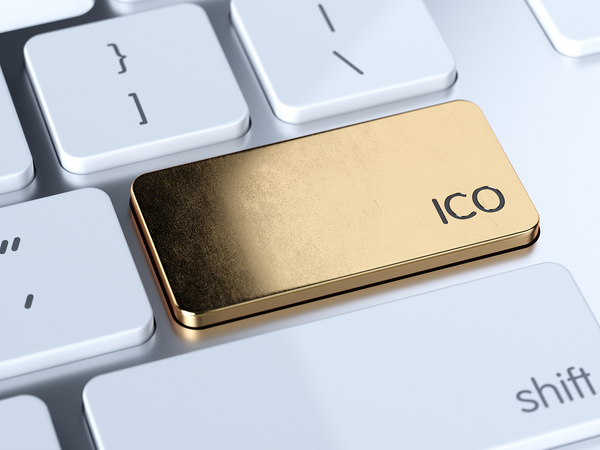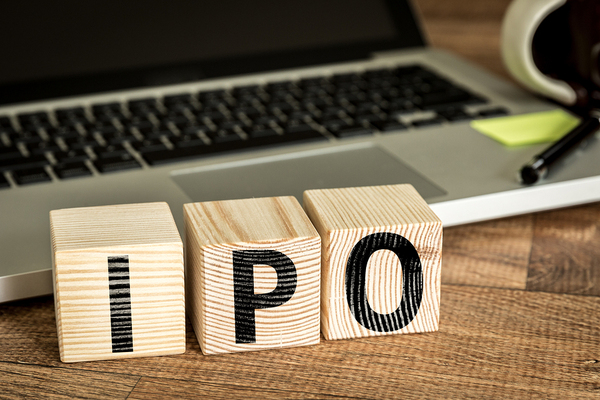
What is the difference between an initial coin offering (ICO) and an initial public offering (IPO)?
Quite a lot, it turns out.
While both ICOs and IPOs are public sales, they involve different assets, and holding them involves completely distinct processes. (See our current list of Upcoming ICOs here.)
What is an ICO?
An ICO is an offering whereby a company can sell digital tokens to the public in order to fund operations and meet other business objectives. [For more information, see What is an ICO? and our Beginner’s Guide to ICOs.]
To hold an ICO, also known as a primary offering, a startup usually creates a whitepaper. This document offers detail on the company’s project, the specific needs the project intends to address, the number of digital tokens the sale aims to raise, and how many of these assets the founders plan to keep.
What is an IPO?
An IPO, in contrast, is a process that allows companies to sell securities to the public for the first time.
Although companies frequently sell stocks through these offerings, they may opt to sell other securities such as bonds, warrants, and capital notes.
To hold an IPO, a company usually hires several investment banks, known as underwriters. Next, these underwriters work with the company to get a better sense of how much the IPO will raise and what kinds of securities will be sold.
The investment banks will work to develop a preliminary prospectus, which will provide information about the firm, including: its business description, ownership structure, management, financial documents, and strategic initiatives.

After undergoing further development and revision, this preliminary document will become the final prospectus that will be submitted to the SEC to enable the IPO.
Regulatory Treatment
One striking difference between ICOs and IPOs is their treatment under existing law.
While companies aiming to hold IPOs must follow strict rules, providing the SEC significant information about the business and potential risks, ICOs are not governed by specific regulations or government agencies.
Some market observers have expressed concerns that investors could get burned because of this lack of regulation. While some of the tokens sold in these offerings have provided compelling returns, others have suffered notable losses. As a result, volatility has become a concern.
If you buy tokens through an ICO and lose money, you have no legal recourse at your disposal to recover those funds.
Be Prepared
As always, any investment requires preparation. However, you may want to be extra careful before investing your money into an ICO. While the prospects of these sales may seem intimidating, there are specific steps you can follow to conduct your due diligence.
While IPOs offer varying windows during which investors can buy securities, some ICOs have sold out in a matter of seconds. Browser maker Brave raised $35 million in less than 30 seconds, while Esports platform FirstBlood raised $5.5 million in 58 seconds.

Buying securities through an IPO is completely different from participating in an ICO. To take part in an IPO, you can simply go through your broker.
Participating in an ICO requires you to set up a wallet that meets certain standards and then use bitcoin or ether, usually the latter. You can then transfer the bitcoin or ether you want to use in order to purchase digital tokens.
Summing It Up
While the terms ICO and IPO may sound similar, they are actually quite different.
To hold an ICO, companies frequently need to simply create a whitepaper and set up a website with purchase information. In contrast, holding an IPO requires a lengthy process that involves working with investment banks and receiving the approval of the SEC.
Another key factor is the varying regulatory status of these two offerings. While IPOs are heavily regulated, ICOs are not governed by existing financial regulations.
As always, it pays to know what you are getting yourself into. Doing the proper research is crucial to making effective investments, whether those investments are in ICOs or IPOs.
For more information on upcoming ICOs, hot ICOs, and top-performing ICOs, bookmark our ICO page. Better yet, subscribe to Bitcoin Market Journal to have fresh ICO information emailed to you weekly.

